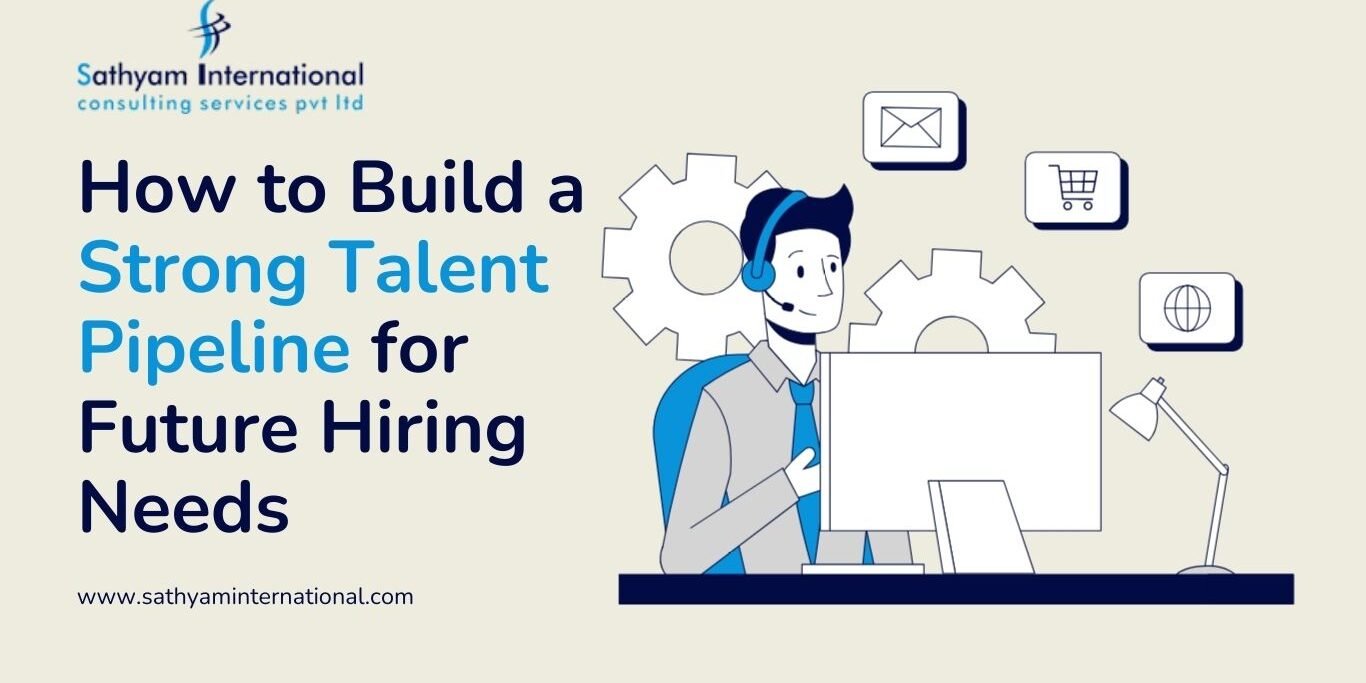In today’s fast-paced and competitive job market, businesses must be proactive rather than reactive in their recruitment efforts. One of the most effective strategies to ensure that your company is well-positioned for future growth is by building a robust talent pipeline. This approach not only helps in filling positions quickly but also ensures that the quality of hires aligns with long-term company goals.
What is a Talent Pipeline? A talent pipeline is a pool of candidates who have been pre-identified as potential fits for future job openings within an organization. These individuals may be passive job seekers, previous applicants, or professionals who have expressed interest in your company’s work culture and mission.
Steps to Build a Strong Talent Pipeline
- Identify Future Hiring Needs: Forecasting future hiring requirements is essential. Collaborate with department heads to understand potential gaps in recruitment and the skills your company may need in the coming years.
- Strengthen Your Employer Brand: A compelling employer brand attracts top talent. Showcase your company’s values, culture, and success stories through social media, your website, and employee testimonials. A strong brand helps build a relationship with potential candidates before they even consider applying.
- Engage with Passive Candidates: Not all candidates are actively looking for jobs, but that doesn’t mean they aren’t open to new opportunities. Keep in touch with potential candidates through newsletters, industry events, webinars, and personalized outreach. Consistent engagement helps keep your company on their radar.
- Leverage Technology and Data: Use applicant tracking systems (ATS) and data analytics to maintain an organized pipeline and gain insights into candidate interactions and preferences. This enables more personalized communication and helps tailor future recruitment strategies.
- Cultivate Relationships with Educational Institutions: Partnering with universities and professional training centers can help you identify and nurture emerging talent. Internships, mentorships, and collaborative projects provide early exposure to potential future employees.
- Develop Internal Talent: Building a pipeline isn’t just about external candidates; nurturing your existing workforce is equally important. Provide training and development opportunities so that your current employees can step into more senior roles as the company grows.
Benefits of a Strong Talent Pipeline: A well-maintained talent pipeline offers numerous advantages, including reduced time-to-hire, lower recruitment costs, and higher quality hires. It also fosters a sense of readiness and resilience within the organization, as sudden vacancies are less disruptive when suitable candidates are already identified.
Investing time and resources into building a strong talent pipeline is not just a recruitment tactic; it’s a strategic move for sustainable growth. By being prepared and nurturing relationships with both current and future talent, your company can maintain a competitive edge in an ever-changing business landscape.







